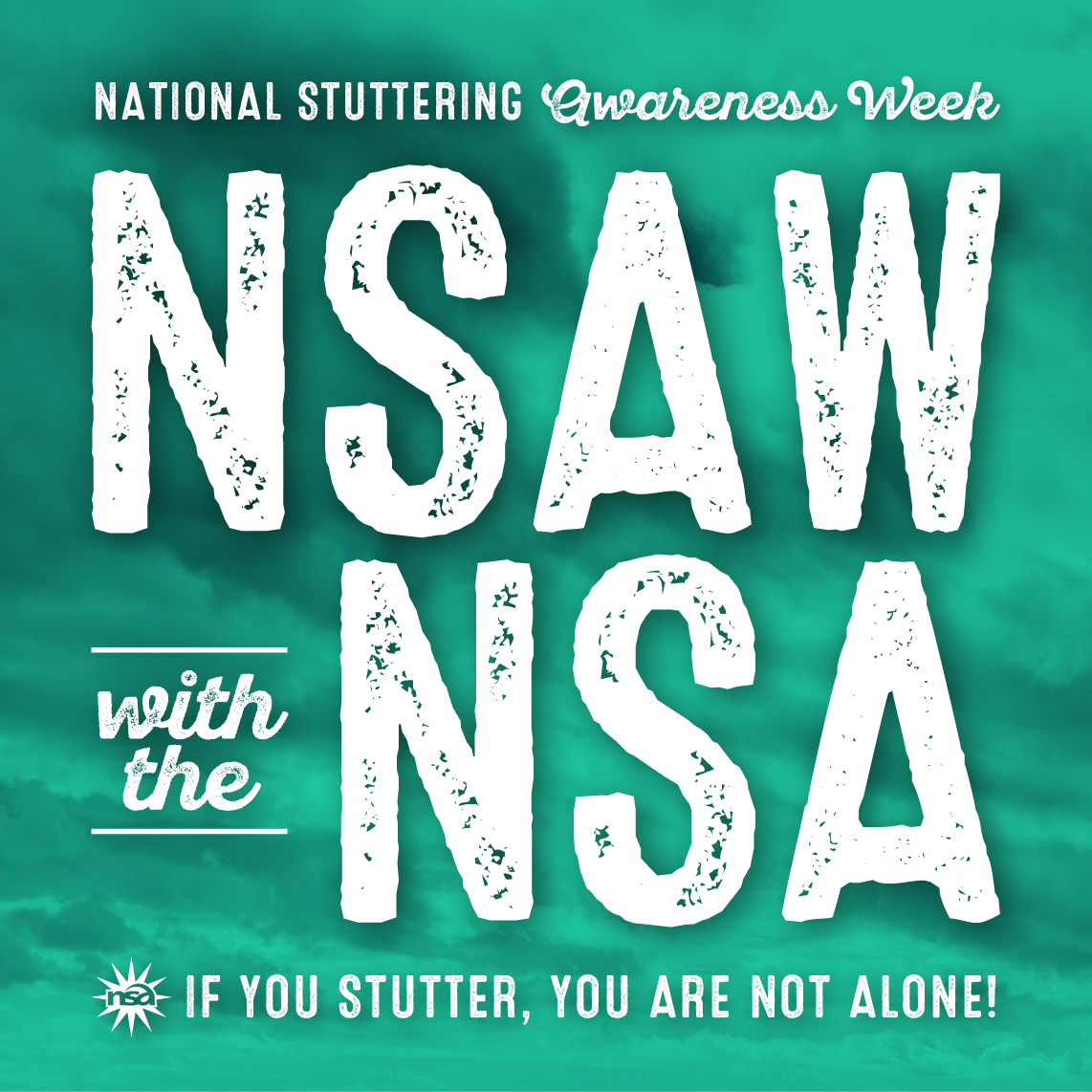Stuttering: The Break Down
 The National Stuttering Association (NSA) – a non-profit organization dedicated to bringing children and adults who stutter support, education, advocacy, and research - has declared the week of May 6 through May 12 National Stuttering Awareness Week in order to raise awareness about stuttering. As a communication disorder that involves disruptions in a person’s speech, the main goal in addition to awareness is to help make those thousands of people affected feel less alone and isolated.
The National Stuttering Association (NSA) – a non-profit organization dedicated to bringing children and adults who stutter support, education, advocacy, and research - has declared the week of May 6 through May 12 National Stuttering Awareness Week in order to raise awareness about stuttering. As a communication disorder that involves disruptions in a person’s speech, the main goal in addition to awareness is to help make those thousands of people affected feel less alone and isolated.
According to the NSA, in addition to producing dysfluencies – or disruptions – in speech, people who stutter often also experience physical tension and struggle in their speech muscles, as well as embarrassment, anxiety, and fear about speaking. An estimated one percent of the general population stutters and this disorder is about three or four times more common in males than in females.
According to Kenneth Newton, MS, CCC-SLP, clinical educator at the Speech-Language Institute (SLI), stuttering is a very individualistic disorder.
While there is no “cure” for stuttering, speech therapy and support groups are often recommended to help control the effects of stuttering.
SLI offers therapy for stuttering as well as a community support group.
“Fluency therapy at the SLI incorporates the individual’s age, culture, language, self-image and support system within the therapy plan,” said Newton. Fluency therapy includes skills such as relaxed breath and slow stretched speech.
In choosing a treatment, SLI’s clinicians are sensitive to cultural and linguistic factors and address goals for each client depending on their individualized treatment plan and needs.
SLI’s support group, called the Fluency Group, is an affiliate of and supported by the NSA. It meets the third Tuesday’s of every month and is for adults, although a pediatric group is being planned. Participants and Salus University’s Speech-Language Pathology (SLP) students engage in conversation in a relaxed and safe environment. During group activities, participants are encouraged to speak about their positive and negative encounters and SLP students present new and interesting topics such as mindfulness, stuttering at a job interview, and self- advocacy of stuttering.
Learn more about SLI or sign up for a support group here or call 215.780.3150.